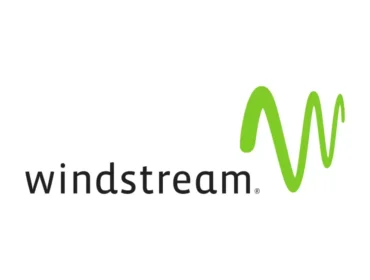Not all proxies are created equal. Whether you’re managing social accounts, scraping data, running automation, or browsing anonymously—choosing the right proxy type matters.
In this guide, we break down the four main types of proxies:
- Residential Proxies
- Mobile Proxies
- ISP (Static) Proxies
- Datacenter Proxies
Each serves a unique purpose, and choosing incorrectly could lead to detection, bans, or wasted budget. Let’s compare their key differences and use cases.
🏠 1. Residential Proxies
What they are:
These proxies use IP addresses assigned to real households by internet service providers (ISPs).
Pros:
- High trust score
- Excellent for avoiding CAPTCHAs
- Ideal for web scraping, sneaker bots, SEO, and social media
Cons:
- Slower speeds than datacenter proxies
- Usually more expensive
Best for:
Web automation, account creation, SEO monitoring, localized testing.
📱 2. Mobile Proxies
What they are:
Mobile proxies route traffic through actual mobile carrier networks (e.g., 4G/5G Verizon, AT&T, T-Mobile).
Pros:
- Appear as real smartphone users
- Perfect for bypassing bot detection
- Rotate naturally with carrier IP pools
Cons:
- Higher cost due to infrastructure
- Can be slower than other types
Best for:
Instagram, TikTok, Snapchat, and other mobile-first platforms.
🌐 3. ISP Proxies (Static Residential)
What they are:
These are static IPs assigned by ISPs but hosted in data centers—blending the speed of datacenter proxies with the trust of residential ones.
Pros:
- Fast and stable
- Low detection rates
- Long-term sessions and static identity
Cons:
- Limited availability
- Slightly more expensive than datacenter proxies
Best for:
Ad verification, social media account management, e-commerce bots.
🖥️ 4. Datacenter Proxies
What they are:
These IPs come from cloud or data center infrastructure—not associated with any ISP or user.
Pros:
- Blazing-fast speeds
- Affordable at scale
- Great for bulk scraping
Cons:
- Easily flagged or blacklisted
- Poor for sensitive actions (logins, signups)
Best for:
Data harvesting, testing, research automation, bulk tasks.
🔄 Quick Comparison
| Proxy Type | Speed | Stealth | Cost | Best Use Case |
|---|---|---|---|---|
| Residential | Medium | High | $$$ | Social media, scraping, SEO |
| Mobile | Low | Very High | $$$$ | Mobile app automation, TikTok |
| ISP Static | High | High | $$$ | Long-term accounts, ad verification |
| Datacenter | Very High | Low | $ | Web scraping, testing, automation |
🛠️ Which One Should You Use?
- Choose Residential for a balance of stealth and reliability.
- Go Mobile when dealing with mobile-first platforms.
- Pick ISP when you need speed and long-term trust.
- Use Datacenter for volume tasks that don’t require stealth.
At Proxy Lust, Inc., we provide all four proxy types—premium, reliable, and globally geo-targeted. No matter your use case, we have the right infrastructure to support it.




